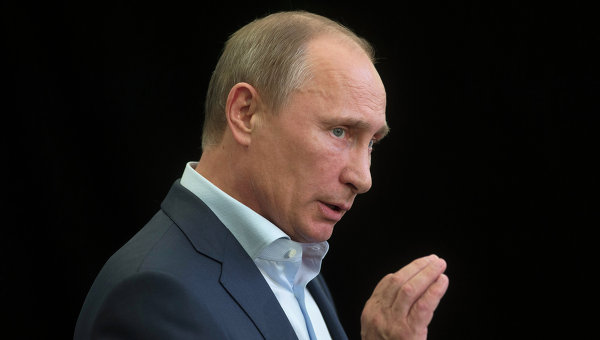
Although Suffragio covers mostly countries where democratic elections feature prominently in national politics, this month’s Chinese transition reminds us that although some countries do not have elections, they most certainly have politics.
That’s true in Saudi Arabia, where last week we saw the signs of the first transition of power to a new generation, the grandchildren of Ibn Saud — or King Abdulaziz — with the elevation of Prince Mohammed bin Nayef as interior minister on November 5.
The current Saudi king, Abdullah bin Abdulaziz Al Saud, is Abdulaziz’s 10th son, and has governed since 2005, but has really effectively been the de facto Saudi leader since the previous king’s stroke in 1995. The current Saudi crown prince (heir to the throne) is Salman bin Abdulaziz Al Saud, Abdulaziz’s 25th son.
Prince Mohammed (pictured above) replaces Ahmed bin Abdulaziz Al Saud, himself Abdulaziz’s 31st son (allegedly!).
But Abdullah is 88 years old, Salman a relatively sprightly 75 years old, and Ahmed is 70, and the once-thriving set of Abdulaziz’s sons has thinned over the years, leading to increased speculation about how the next generation of the House of Saud will begin to assume power. The next generation of Saudi leadership will face huge challenges, not least of which how to provide employment opportunities to young Saudis, deal with calls for political reform in the era of the ‘Arab Spring,’ and diversify an economy that remains too dependent on oil — and that’s before the trickier foreign policy issues presented by a United States that will brook no further Saudi-grown terrorist attacks, a Yemen at the south of the Arabian peninsula that’s becoming a chaotic terrorist haven, and Syria, a close Saudi ally, descend further into a bloody civil war.
Prince Mohammed had served as assistant interior minister since 1999, and he’s made headlines as a relatively modern Saudi royal — U.S. and other officials have applauded his efforts in attacking home-grown terrorism within Saudi Arabia, and he was in 2009 himself injured in a suicide attack. he’s seen as somewhat more reformist than the current ruling generation, but no one really knows where his true passions lie.
The director of the Eurasia Group‘s Middle East practice, Crispin Hawes wrote in Foreign Policy on Friday that the move may presage the elevation of Khalid Al Faisal Al Saud, a son of the late King Faisal, to become second deputy prime minister and accordingly, second in line to the throne (after Salman, the crown prince):
Abdullah seems intent on defining a long-term plan for the succession in an effort to prevent the kingdom from instability if, as is possible, there is a rapid series of deaths among the current and elderly ruling generation. The transition to the generation of Mohammed and Khaled al-Faisal, grandsons of Abd al-Aziz Ibn Saud and modern Saudi Arabia’s founder, has been the subject of speculation for years. Faisal is in his early 70s, only a few years younger than Salman, but the move is a very significant one.
Prince Khalid is currently the governor of Mecca province, Saudi Arabia’s most populous province and the home of its chief port Jeddah (and of, course, the great pilgrimage city of Mecca itself). Like Prince Mohammed, Khalid enjoys favor from both conservative and relatively liberal members of the House of Saud.
Some background is in order, because the Saudi succession is a complex business.
King Abdulaziz, then still known as just Ibn Saud, first conquered Riyadh (the homeland of the Saud family) in 1902. He fought in concert with the Allied powers during World War I against the Ottoman Empire (which controlled Arabia at the beginning of the 20th century), and consolidated power in 1932 to create the modern state we know today as Saudi Arabia. As such, Ibn Saud / King Abdulaziz is generally accepted as the founder of the current kingdom. With the discovery of oil in Saudi Arabia in 1938, and the wide-scale extraction of oil beginning in the 1940s, the Saudi grip over the Arabian peninsula has been relatively secure, financed by vast oil wealth, and since Abdulaziz’s death, each successive Saudi king has been one of his many, many sons — at least 37 and possibly 45 or more.
Abdulaziz’s kingdom has been ruled by one of his many sons to this day, which means that the Saudi leadership has become increasingly geriatric. Continue reading Saudi Prince Mohammed’s elevation to interior minister augurs start of generational change →
![]()

